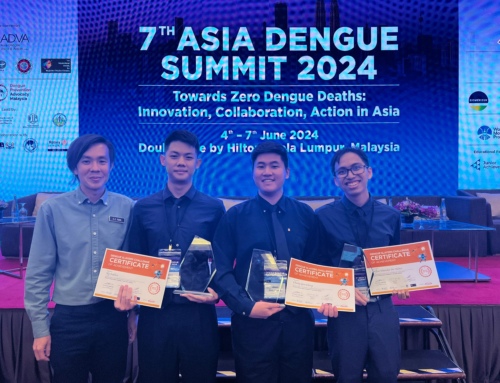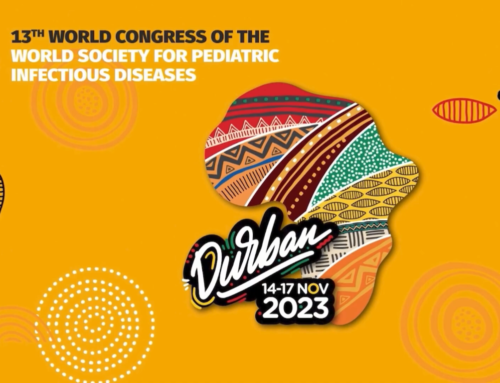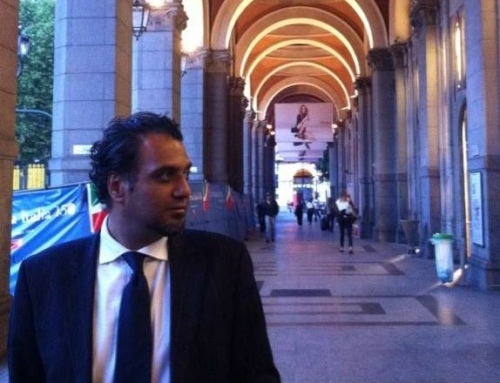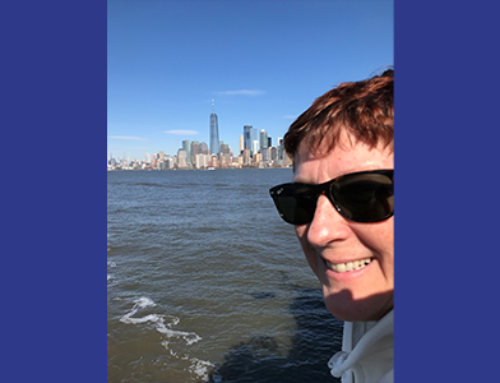“I began studying medical entomology in undergraduate school, fascinated by the complex and elegant biological interplay between mosquitoes and the pathogens that infect them.”
“I began in the lab, but was quickly hooked on field epidemiological research when I got my first opportunity to engage with a dengue surveillance project in Vietnam in 2001. I became aware of the critical burden that the virus poses to families in endemic locales, but I also learned of the significant and fascinating unknowns surrounding the virus’ immunology and transmission. I was hooked.”
“I am an internal medicine physician and infectious disease epidemiologist. After receiving my MSPH in epidemiology at Emory University, I then stayed on to pursue my MD/PhD through the Medical Scientist Training Program. I subsequently returned to my home state, Minnesota, to pursue a medical residency in internal medicine. I have engaged with the Armed Forces Research Institute of Medical Sciences and their field studies for dengue since 2003, including for my PhD research. I continue to spend several months each year in Thailand, continuing my collaborations with AFRIMS and their field site in Kamphaeng Phet. My husband and I have two children, aged 1 and 3; our whole family travels back and forth together. Thailand is a second home to us.”
1/

“I transitioned from a faculty position at the University of Minnesota to SUNY Upstate Medical University in late 2019, to assume a leadership position as the Director of the Center for Overseas Research in the Institute for Global Health and Translational Sciences. In this capacity, I joined long-term mentors, colleagues, and friends to work to build our global research platform, including field research and clinical trial activities.”
“I continue to engage as a physician-scientist; I practice medicine as a hospitalist for some weeks each year but I spend the majority of my time conducting and overseeing field activities in Thailand, Ecuador, and Kenya.”
2/

“Dengue is an ancient disease but many key aspects of its immunology, transmission, and control continue to elude us. Its impact is significant. Time in the field has granted me glimpses into the burden of death and disease it can cause, particularly impactful when imposed upon young children. Finally, I can say that I truly enjoy the dengue scientific community – it is a relatively small but friendly and impressive group.”
“Currently, the greatest issue challenging field epidemiological research, in general, is COVID-19. Research continues, but logistical challenges abound and many of us are increasingly pulled in other directions. I am not alone in a wish for a return to more normal times.”
“I truly enjoy patient care and could envision another life where I was more engaged with immigrant and refugee health domestically and public health aspects / clinical needs of displaced populations internationally.”
3/3
Katie Anderson, MD PhD CTropMed
Assistant Professor, Department of Medicine
Assistant Professor, Department of Microbiology and Immunology
Director, Center for International Research
Institute for Global Health and Translational Sciences
SUNY Upstate Medical University
Syracuse, NY
First published to Facebook on 10th August 2020






